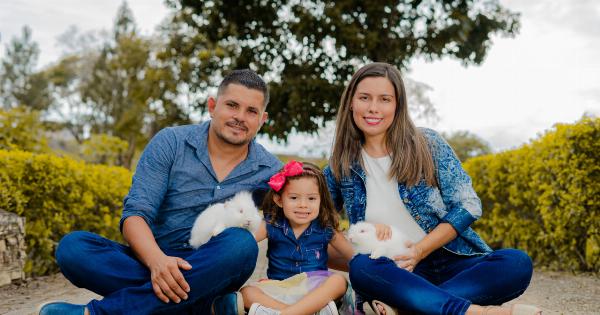Raising a child is one of the most rewarding experiences in life, but it’s not always easy. There are times when parents can feel overwhelmed and stressed out, and this can affect the way they interact with their children.
One of the biggest challenges parents face is knowing what to say and what not to say to their kids. Here are 11 phrases that you should avoid saying to your child:.
“I told you so”
This phrase can make your child feel like you are mocking them or belittling them. It can also make them feel like they are being scolded and can cause them to lose trust in you.
Instead of saying “I told you so,” try to be empathetic and offer solutions that can help them in the future.
“Stop Crying”
Telling your child to stop crying can make them feel like their emotions are not valid. This can cause them to suppress their feelings and lead to emotional issues later in life.
Instead of telling your child to stop crying, offer comfort and let them know that it’s okay to cry.
“You’re too young to understand”
Dismissive phrases like this can make your child feel like their thoughts and opinions don’t matter. It’s important to validate their thoughts and feelings and help them understand new concepts in a way that is age-appropriate.
“I’m disappointed in you”
While it’s important to hold your child accountable for their actions, using language that puts them down can be harmful to their self-esteem.
Instead of saying, “I’m disappointed in you,” try using constructive criticism and offer guidance on how they can improve their behavior.
“Do it because I said so”
This phrase can be frustrating for children because they may not understand the reasoning behind your request. Instead, explain why you’re asking them to do something so that they can learn the importance of following rules and responsibilities.
“You’re not good enough”
This phrase can be incredibly damaging to a child’s self-esteem and confidence. Instead of using language that puts them down, try to be supportive and offer encouragement.
Helping them understand that they can improve with practice and dedication can make a huge difference in their success in life.
“Why can’t you be more like [insert name of child]?”
Comparing your child to others can make them feel inadequate and unworthy. Instead, focus on their strengths and help them build confidence in their own unique abilities.
“I’ll do it for you”
While it may seem helpful in the short term, doing everything for your child can hinder their independence and self-sufficiency. Instead, encourage them to try things on their own and offer guidance when needed.
“You make me so angry”
Expressing your anger towards your child can make them feel like they are responsible for your emotions. Instead, try to communicate your feelings in a constructive way that doesn’t put blame on them.
“Big boys/girls don’t cry”
Gender stereotypes like this can be harmful and limit a child’s emotional expression. It’s important to validate all emotions and let your child know that it’s okay to express themselves in a healthy way.
“You’re not allowed to feel that way”
Telling your child that they are not allowed to feel a certain way can be dismissive of their emotions. Instead, try to empathize with their feelings and offer support.
Conclusion
Words are powerful and can have a lasting impact on a child. By avoiding these phrases, you can create a more positive and supportive environment for your child to grow and thrive in.






























